Egypt’s tourism industry, once thriving, is facing major challenges in recent years due to political and economic instability. The number of tourists has declined sharply, and the timid uptick the sector is now experiencing can be seen as an opportunity to shape local tourism in a more sustainable way. Egypt’s lavish beaches and precious coral reefs, as well as its rich cultural
heritage, are the reasons why so many people come, and the government seems determined to preserve these assets through an increasingly sustainable approach.
The recent introduction of the Feed-In-Tariff energy scheme, expected to facilitate the adoption of renewable energy sources, and the creation of various eco-labels over the years are meant to
protect the country’s scarce water and energy resources as well as its scenic landscapes.
Exploring these themes, the 26th Cairo Climate Talks brought together public and private sector experts from Egypt and abroad to discuss making one of the world’s top tourist destinations
greener in a way that will continue to attract visitors while preserving the local environment and culture. The panel discussion was moderated by Emad Hassan, Energy Advisor to the Minister
of Tourism, and concluded a Ministry of Tourism and GIZ conference tackling the green tourism issues.
German Ambassador Hansjörg Haber opened the talks by highlighting the strong tourism ties between Egypt and Germany, which is among the top three origin countries of tourists coming to
Egypt each year. The ambassador emphasized the importance of ensuring the security of tourists while also highlighting problems caused by tourism such as endangering biodiversity and the
overconsumption of water, energy and food.
Amr Ali, Managing Director of the Hurghada Environmental Protection and Conservation Association (HEPCA), believes the burden should be on the hotels to protect the natural resources they use to attract tourists.
“I think the tourism sector has been pampered for so many years. This is not a luxury anymore. We’re talking about 25 euro cents per guest per day to implement solar power,” said Ali, who
added that solar power has been discussed in Egypt for more than 15 years with little movement.
“It’s not a matter of price or certification; it’s a matter of will. And we’ll keep having this conversation forever while begging hotels to protect resources.”
Professor Geoffrey Lipman, Director of greenearth.travel and President of the International Council of Tourism Partners, argued that while green development can’t entirely be paid for by
the state, it shouldn’t be left only to market dynamics. “Governments are putting together a US$10 billion climate change adaptation fund in Paris next year,” he said, referring to the United Nations Framework Convention on Climate Change conference.
“The deal made a week ago between the U.S. and China and with the EU coming in will make the kind of money available that doesn’t have to come from the national coffers of Egypt. If Egypt prepares itself to access those funds it can be part of the game.”
Some local businesses have already struck out on their own, determined to pursue sustainable, green development with little help. Ahmed Moussa runs a 32-room ecolodge in Dakhla called Desert Lodge that is focused not only on blending in with the local environment but also in giving back to the community through education and civic engagement. “We are recycling our own rubbish … we have our own drinking water from a well and we don’t allow plastic in. It’s easy and simple and it doesn’t cost that much. We also produce solar
energy and feed it in to the national grid,” said Moussa, who comes from a family of green business owners.
But small businesses like Moussa’s are struggling to compete against behemoth hotels and cheap package deals. “We care for the treasure we have. The government should put regulations in place; we already enough hotels that are empty we don’t want to have more,” he said.
Faisal Eissa, the founder of Solar Shams, said cheap, subsidized energy prices are also an obstacle for his solar company and the businesses that want to switch to renewable energy. “We’re trying to close the gap between subsidized energy; we’re not competing against the real cost. So who said it’s more expensive to use solar? It’s actually cheaper than the real cost of
unsubsidized energy.”Eissa added that government steps to phase out energy subsidies are moving in the right direction.
Representing tour operators’ perspectives, Frank Oostdam, Director of the Dutch Association of Travel Agents and Tour Operators (ANVR), agreed with other panelists that Egypt should focus
its tourism campaigns on the ecosystems, sun, sand, antiquities and cultural heritage it offers rather than a set of hotels.
“Market a feeling, an inspiration instead of all those properties you have,” he said. “It’s not only about pricing or choices or convenience, but about other new values which especially younger people are supporting … being authentic in what you do, being fair in what you do and if you focus on that communication that would be a chance for Egypt.”
Meet our Panelists
Dr. Martin Keulertz
Postdoctoral Research Associate, Purdue University, Department for Agricultural and Biological Engineering
Dr. Mohamed El Raey
Professor of Environmental Studies, Alexandria University
Faris Farrag
Founder and Owner of Bustan Aquaponics Farm
Dr. Ariane Borgstedt
Program Coordinator of the Egyptian-German Water Management Reform Program, GIZ
Meet our Moderators
Mr. Ahmed Sedky
expert on sustainable and renewable energy systems and solutions
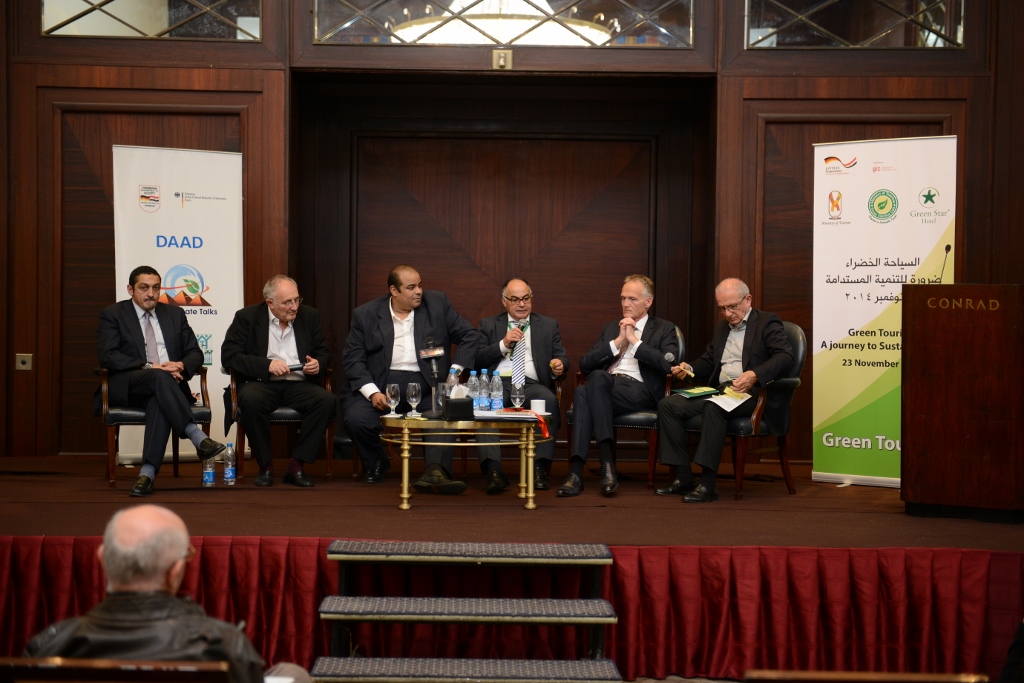
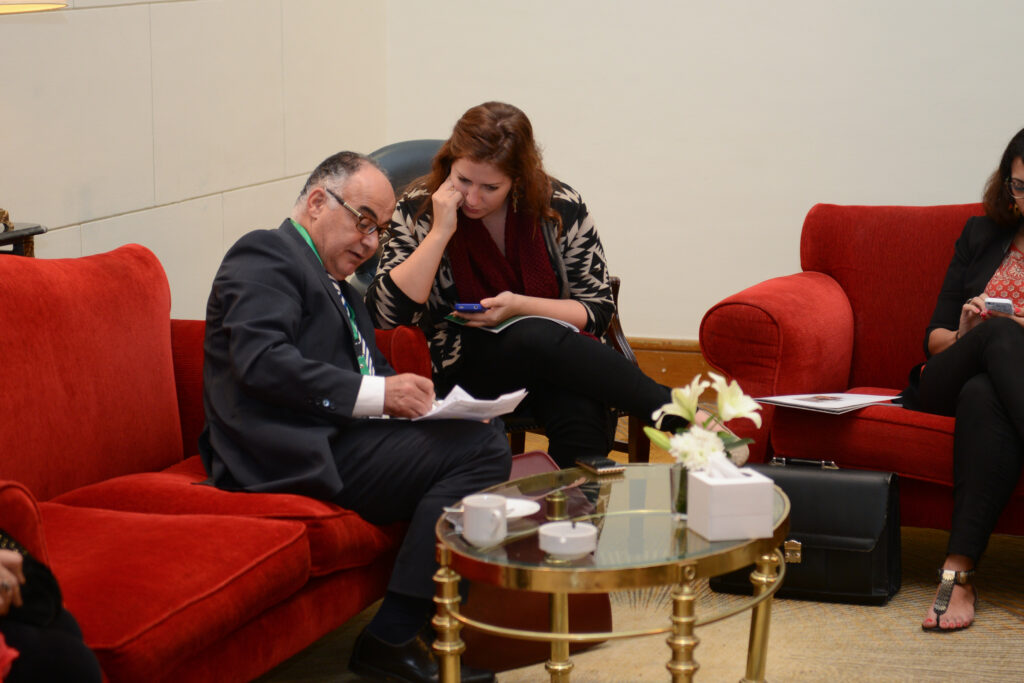
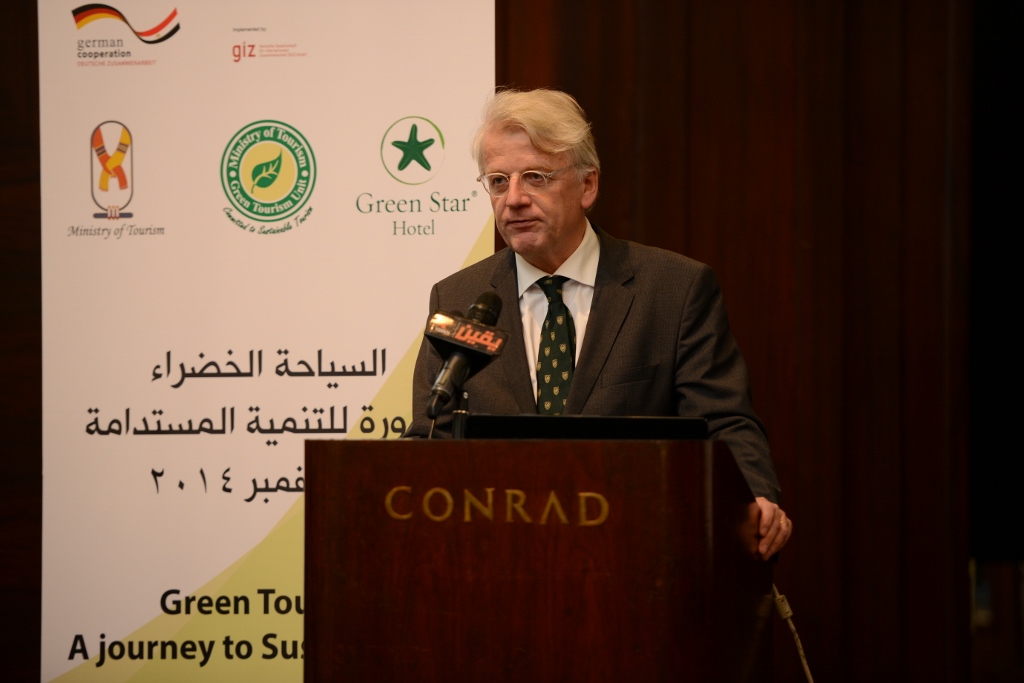
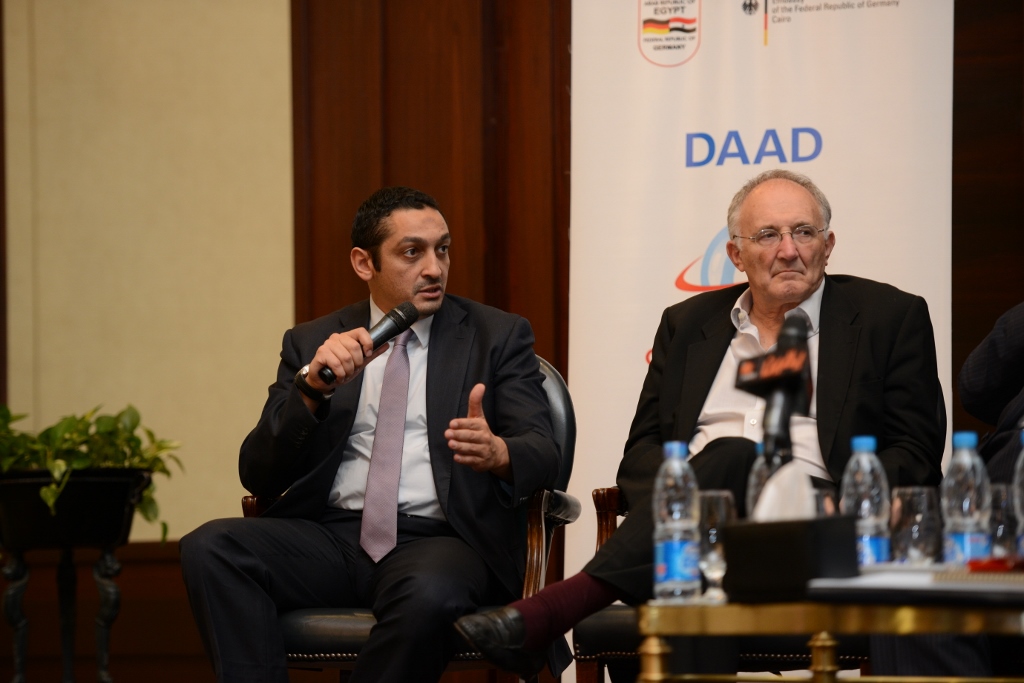
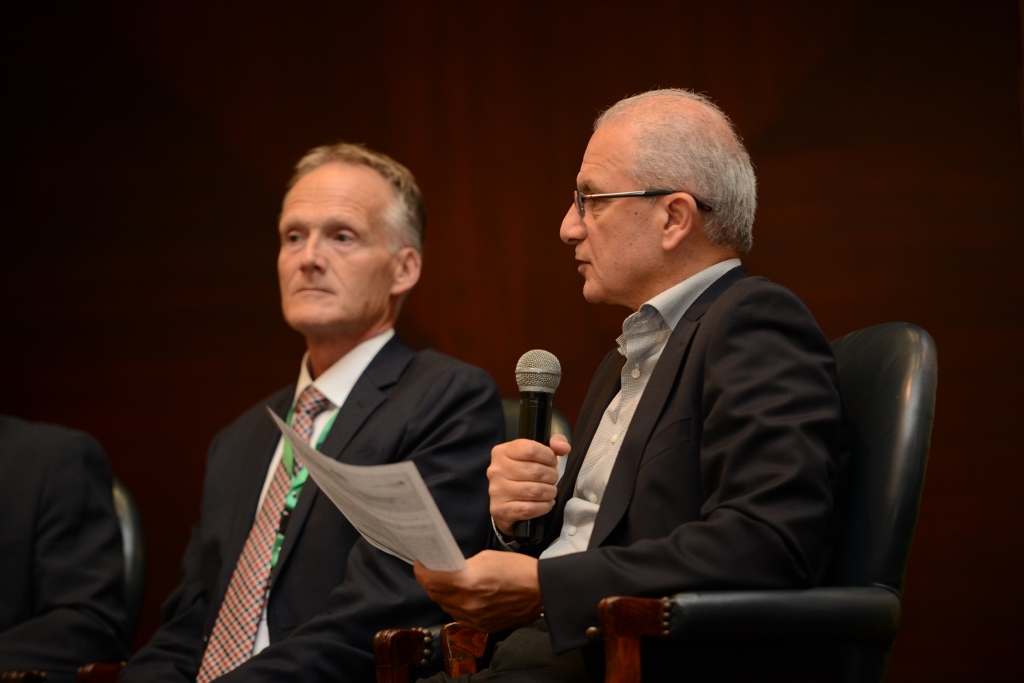
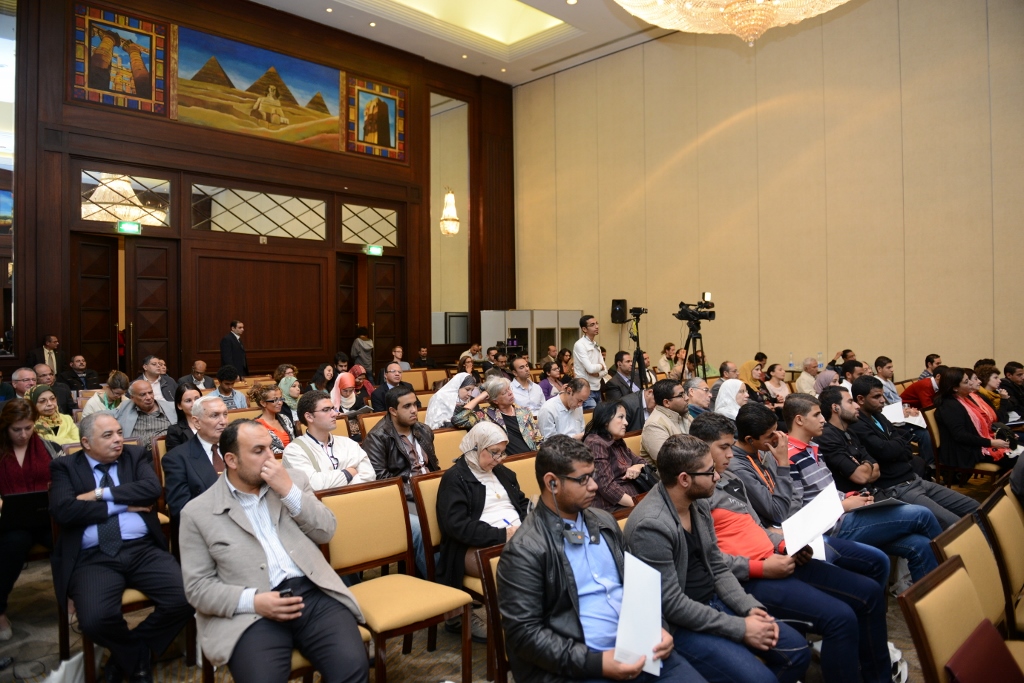
Are you interested? Don’t miss out by registering to our events. We hope to see you there.
